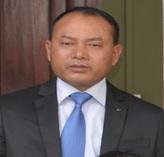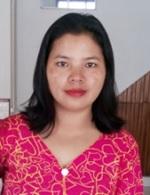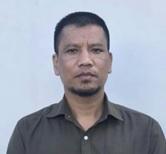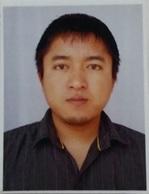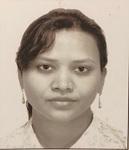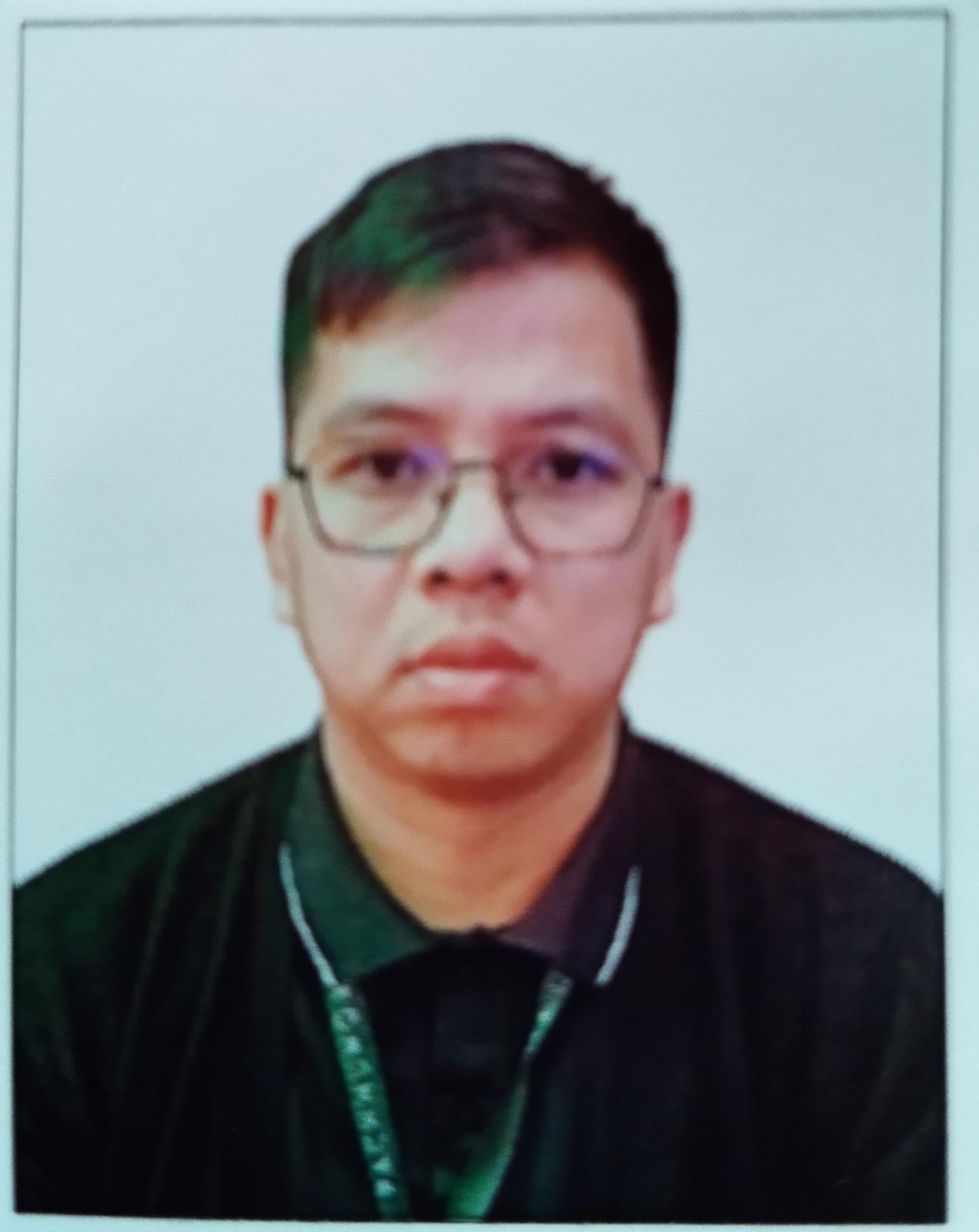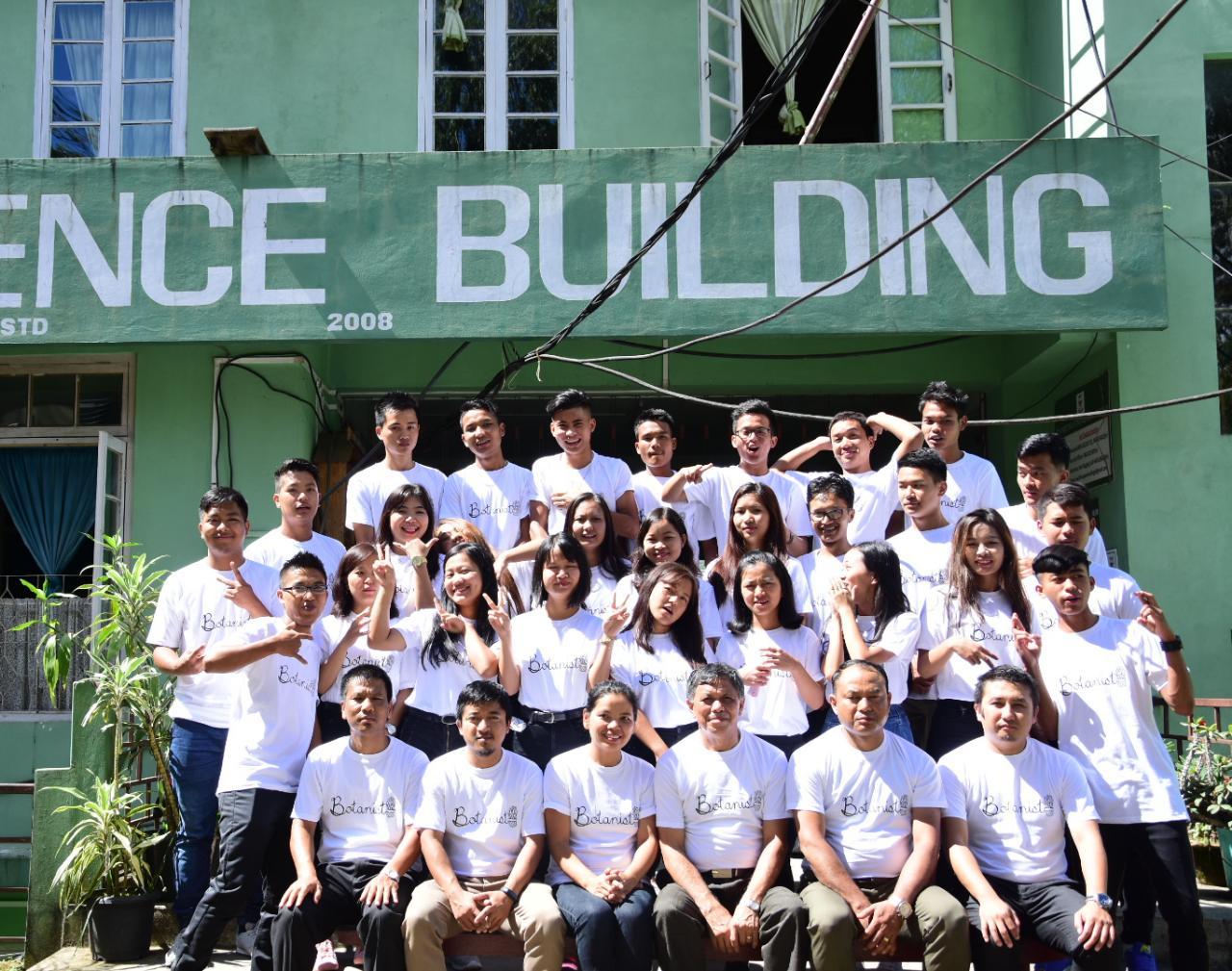
The department was introduced in 1973 as a part of the Department of Biology, and was established as separate department in 1975. At present the department consists of 1 Associate Professor and 4 Assistant Professors (with 2 Guest Faculty members). The academic condition in terms of quality of faculty and learning transfer process is healthy and adequate. Majority of the teachers have research works to their credit and have obtained their Ph.D. degrees.
Student profile – entry level competencies, socioeconomic status, language proficiency etc.
- Students are admitted strictly on merit. Students are from both urban and rural backgrounds, from low and middle income group. Students are mostly proficient in the regional language. They also have workable knowledge of English, and communication problem is negligible. The subject is preferred equally by both the genders and the number of girls is increasing sharply for the last few years..
- Faculty is adequate and competent. Five regular teachers are with Ph.D. and 4 of them are NET qualified. There are 1 Junior Lab. Assistant and Lab Attendant .
- The department project on "Studies on Cryptogamic diversity of Pachhunga University College Campus" had already been published in book form. Another project on "Common grasses and sedges of Aizawl City" is going on.
- Faculty members have participated in professional conferences, symposium or seminars.
- Teaching environment consists of 1 classroom and 2 laboratories. The laboratories are sufficiently equipped for the curriculum. Presentation using powerpoint, LCD projector and overhead projector are used for teaching and for student’s seminars.
- Faculty members are actively involved as members of Board of Studies and Undergraduate Studies.
- The faculty is regularly involved in setting questions, moderation, and evaluation of the university examination.
- Revision of syllabus was done in 2007 (Annual System) and 2013 (Semester System).
- Students are selected for admission on the basis of their Higher Secondary result, with particular emphasis on their biology performances. Generally the academic record ranges from second class to distinction. Majority is brought up in English medium schools and has no problem in English. So far there is no problem in communications.
- Students’ field trips, are an integral part and mandatory for completion of the course.
- Seminar and project works are assigned to students.
- Fresh students are divided into groups and a teacher in charge is made for each to have their counseling and discussion related to academic life.
|
S.N |
Activities |
Date |
|
1 |
Brief Report of Invited lecture on “Intellectual Property Rights and Patenting” |
28/09/2017 |
|
2 |
Brief Report of Invited lecture on “Intellectual Property Rights” |
10/10/2018 |
|
3 |
03/04/2016 |
|
|
4 |
23/09/2019 |
|
|
5 |
Brief Report of Invited Lecture on “Recent Trends in Biotechnology” |
03/04/2016 |
|
6 |
16/08/2021 |
|
|
7 |
Two-Day National Workshop on “Plant Diversity of NE India with special reference to Mizoram” |
23-24/05/2023 |
Click the activity text for details.
You can also check the attachments.
Attachment:1. Brief Report of Invited lecture on “Intellectual Property Rights and Patenting”.pdf
2.Brief Report of Invi ted lecture on “Intellectual Property Rights”.pdf
3. Activity Report (2015-2020) Botany.pdf
4. Brief Report of Invited lecture on “IPR and Patent”.pdf
5. Brief Report of Invited Lecture on “Recent Trends in Biotechnology”.pdf

